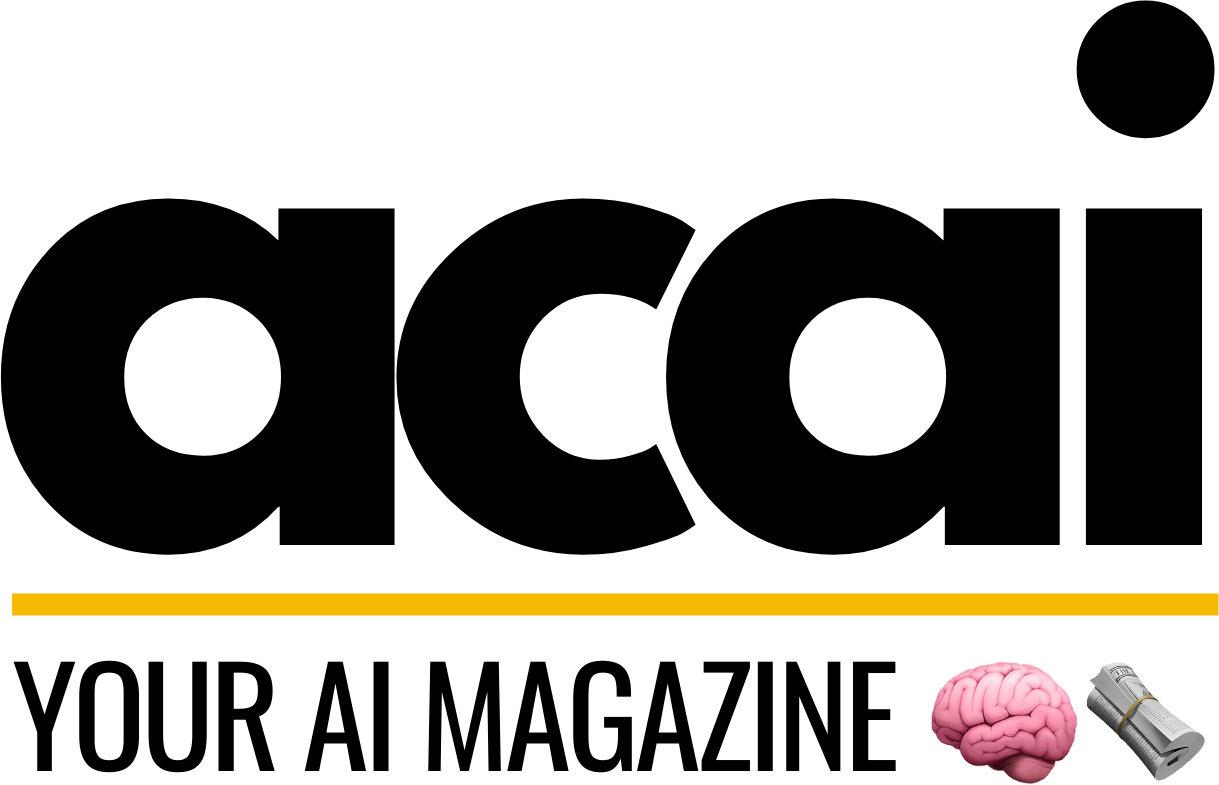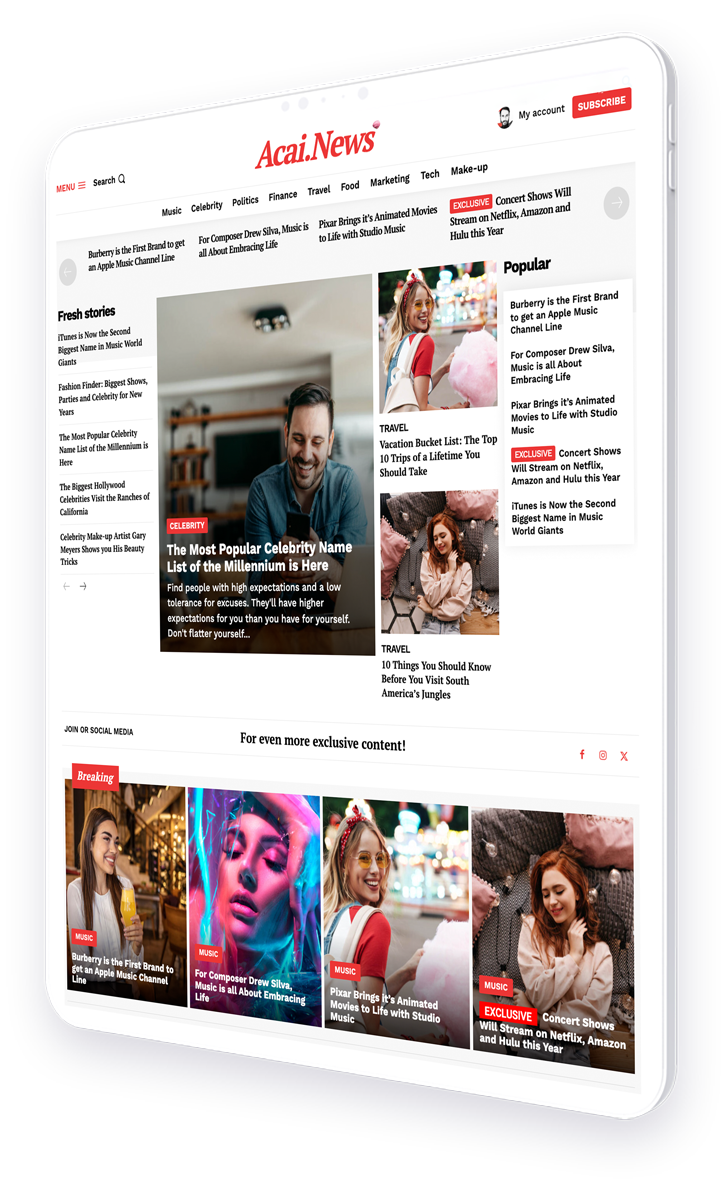Boosting campaign speed, accuracy, and relevance with AI support
Welcome to the future of inbound marketing, where artificial intelligence (AI) plays a pivotal role in streamlining campaigns and enhancing content relevance and accuracy. This comprehensive guide explores how inbound marketing teams can effectively collaborate with editorial AI assistants to revolutionize their strategies and achieve remarkable results.
- Introduction to Editorial AI in Inbound Marketing
- Key Benefits of Integrating AI with Inbound Marketing
- Effective Strategies for AI Collaboration
- Real-World Success Stories
- Top AI Tools for Inbound Marketers
- Challenges and Solutions
- The Future of AI in Inbound Marketing
- Conclusion
Introduction to Editorial AI in Inbound Marketing
In the digital age, inbound marketing teams are constantly seeking innovative ways to attract, engage, and delight customers. Editorial AI assistants have emerged as a game-changing tool, offering capabilities that extend from automating content creation to providing insights based on data analytics. This synergy not only accelerates the marketing process but also enhances the precision and relevance of campaigns.
Key Benefits of Integrating AI with Inbound Marketing
Integrating AI into inbound marketing strategies offers numerous advantages:
- Increased Efficiency: AI can automate repetitive tasks such as data collection and analysis, content generation, and even email marketing, freeing up human resources for more creative endeavors.
- Enhanced Personalization: AI algorithms can analyze customer data to deliver highly personalized content, improving engagement and conversion rates.
- Improved Accuracy: AI tools help ensure content accuracy and consistency, which is crucial for building trust and authority in any industry.
- Scalability: AI can handle large volumes of data and interactions, making it easier for businesses to scale their marketing efforts without a proportional increase in overhead costs.
Effective Strategies for AI Collaboration
To maximize the benefits of editorial AI, marketing teams should consider the following strategies:
- Define Clear Objectives: Establish specific goals for the AI integration, whether it’s increasing content output, improving SEO rankings, or enhancing user engagement.
- Choose the Right Tools: Select AI tools that best fit the team’s needs and integrate seamlessly with existing marketing platforms.
- Train Your Team: Ensure that all team members are adequately trained to use AI tools effectively and understand their potential impact on marketing strategies.
- Monitor Performance: Continuously track the performance of AI-driven campaigns and use insights to refine strategies.
Real-World Success Stories
Many companies have successfully integrated AI into their inbound marketing efforts. For example, a leading e-commerce brand used AI to personalize email marketing campaigns, resulting in a 25% increase in conversion rates. Another example is a tech company that employed AI-driven content creation tools to double its blog output, significantly boosting its SEO performance and organic reach.
Top AI Tools for Inbound Marketers
Several AI tools have proven invaluable for inbound marketing teams:
- HubSpot: Offers AI-powered solutions for CRM, content management, and marketing automation.
- Grammarly: Enhances writing quality across marketing materials with advanced grammar, tone, and style checking.
- MarketMuse: Uses AI to assist with content research, planning, and optimization for SEO.
Challenges and Solutions
While AI offers numerous benefits, it also presents challenges such as data privacy concerns and the need for continuous learning and adaptation. To address these issues, companies should prioritize transparency, comply with data protection regulations, and foster a culture of ongoing education and innovation.
The Future of AI in Inbound Marketing
The role of AI in inbound marketing is expected to grow exponentially, with advancements in natural language processing, machine learning, and predictive analytics driving even more personalized and efficient marketing strategies. For more insights, visit Forbes.
Conclusion
Editorial AI assistants are transforming inbound marketing by enhancing campaign speed, accuracy, and relevance. By understanding and leveraging these tools, marketing teams can not only improve their current operations but also pave the way for future innovations that will continue to shape the digital marketing landscape.
Embracing AI in inbound marketing not only optimizes resource allocation but also provides a competitive edge in today’s fast-paced market environment. As we look forward, the integration of AI will undoubtedly become a standard, driving the evolution of inbound marketing strategies worldwide.




